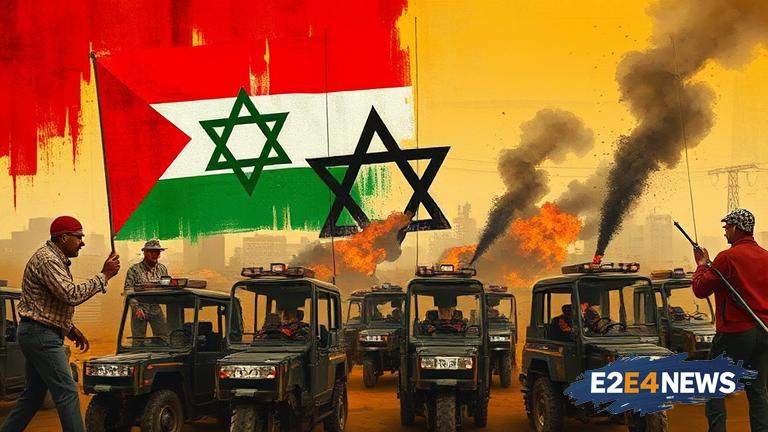A recent report by a media watchdog has shed light on the biased coverage of Western media outlets regarding Israel’s actions in Gaza, particularly in the killing of journalists. The report accuses these media outlets of manufacturing consent for Israel’s actions, which has sparked widespread concern and criticism. The killing of Gaza journalists has been a longstanding issue, with many instances of Israeli forces targeting and killing journalists in the Gaza Strip. Despite the gravity of these incidents, Western media outlets have been accused of downplaying or ignoring these events, thereby manufacturing consent for Israel’s actions. The report highlights the importance of unbiased media coverage, particularly in conflict zones like Gaza. It also emphasizes the need for media outlets to hold those in power accountable for their actions. The watchdog report is based on an analysis of media coverage of Israel’s actions in Gaza over the past year. The report found that Western media outlets consistently failed to provide balanced and accurate coverage of the conflict. Instead, they often relied on Israeli sources and ignored Palestinian perspectives. This biased coverage has contributed to a lack of understanding and empathy for the Palestinian people, according to the report. The killing of Gaza journalists is not an isolated incident, but rather part of a larger pattern of Israeli violence against Palestinians. The report notes that Israeli forces have killed over 50 journalists in Gaza since 2000, with many more injured or arrested. Despite these alarming numbers, Western media outlets have largely failed to provide adequate coverage of these incidents. The report accuses Western media outlets of prioritizing Israeli narratives over Palestinian ones, which has resulted in a distorted view of the conflict. This distorted view has contributed to a lack of international pressure on Israel to change its policies towards Gaza. The report also highlights the role of social media in shaping public opinion on the conflict. Social media platforms have been criticized for allowing Israeli propaganda to spread unchecked, while Palestinian voices are often silenced or censored. The watchdog report calls on Western media outlets to take responsibility for their coverage of the conflict and to provide more balanced and accurate reporting. It also urges social media platforms to take steps to prevent the spread of propaganda and to promote Palestinian voices. The report’s findings have sparked widespread concern and criticism, with many calling for greater accountability from Western media outlets. The issue of manufactured consent is not limited to the Israel-Palestine conflict, but is a broader problem that affects many areas of media coverage. The report’s findings have implications for the way we understand and engage with media, particularly in conflict zones. As the situation in Gaza continues to deteriorate, it is essential that media outlets provide accurate and unbiased coverage of the conflict. The report’s findings serve as a reminder of the importance of critical thinking and media literacy in today’s digital age. By promoting more balanced and accurate coverage of the conflict, we can work towards a more just and equitable solution for all parties involved. The report’s authors hope that their findings will contribute to a greater understanding of the issue and will prompt Western media outlets to re-examine their coverage of the conflict. Ultimately, the goal of the report is to promote greater accountability and transparency in media coverage, particularly in conflict zones like Gaza. The report’s findings have significant implications for the future of media coverage and the role of media in shaping public opinion. As we move forward, it is essential that we prioritize accuracy, balance, and fairness in our media coverage, particularly in areas of conflict. By doing so, we can work towards a more informed and engaged public, and a more just and equitable world for all.
